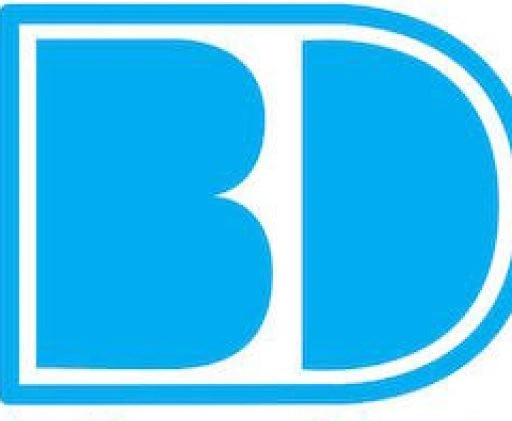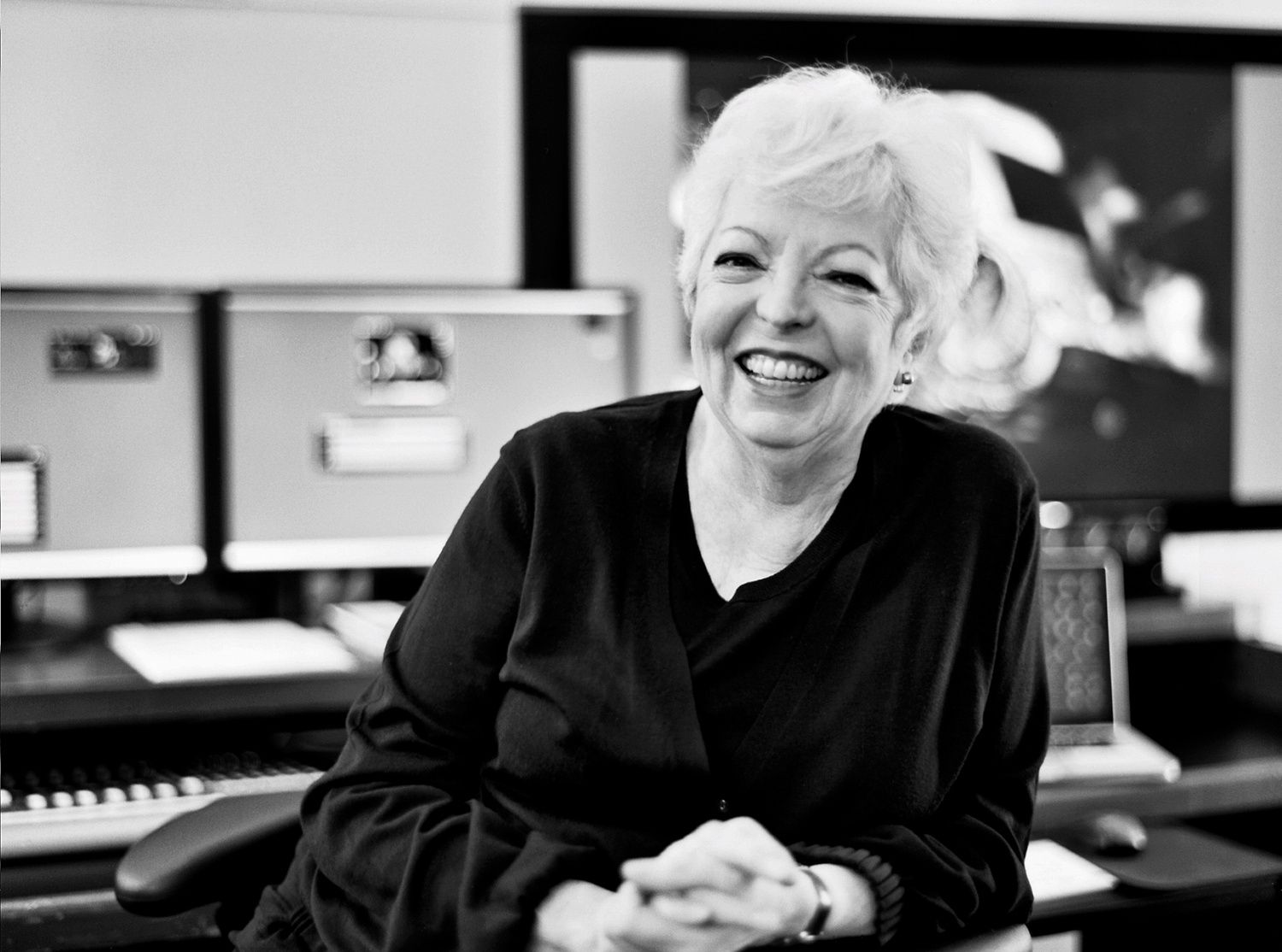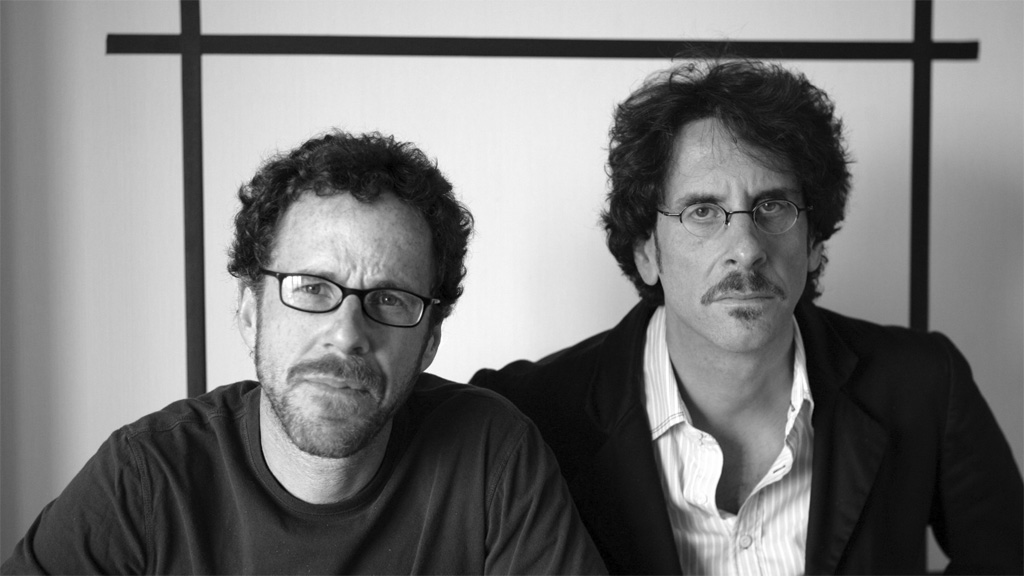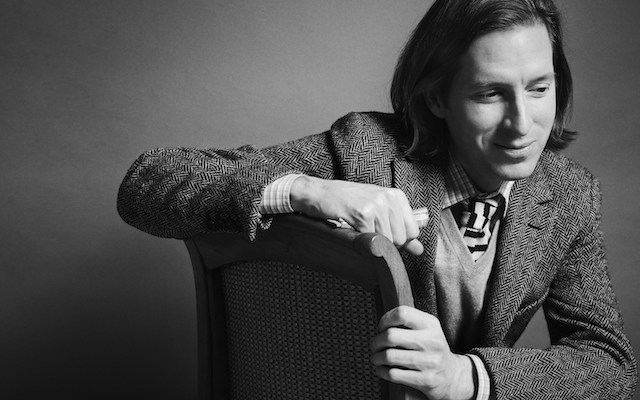When Raging Bull, the 1980 Hollywood movie directed by Martin Scorsese, hit the Academy Awards that year with a bang, the immediate reaction of critics was “who did cut such a powerful movie?” The movie was thriving with energy with its pace and rhythm and a relatively unknown editor named Thelma Schoonmaker took away the golden statuette for best editing that year. She shocked the audience two more times and bagged the Academy Award for Best Editor for The Aviator (2004) and The Departed (2006). With some stunning movies to her credit, Schoonmaker had become a legend ever since Scorsese introduced her to the international film fraternity.
When Martin Scorcese Goes Candid About The Kubrick Charm
Thelma Schoonmaker’s name often associated with Martin Scorsese because she cut all the Scorsese movies over the three decades and almost all of them are enjoying a cult status. What began with Raging Bull in 1970 grew as the most celebrated director – editor collaboration and the result was some of the best examples of ingenious editing methods in the history of cinema.
In this conversation, Schoonmaker shares her epic collaboration with Scorsese, and most importantly, those things that make an editor a semi-god-like figure at the editing table. She calls editing the most powerful tool in filmmaking and fondly calls herself a sculptor, who give shape to the hard work of more than 200 people for a number of months, or maybe years.
Schoonmaker points the importance of a very high level of patience, discipline, and musical sense for an editor and an aspiring editor should always sharpen the skills to invent rhythm, pace, and drama out of the movie. She also puts the sense of acting as the predominant talent for an editor.
She remembers her first days with Scorsese, to whom Schoonmaker owes a great deal and calls her mentor. She reflects on some of the wonderful moments, when they worked together for the whole day and how got rid of difference in opinion, which is inevitable in a director – editor relationship. On a humorous note, she says it was the director who always won.
Schoonmaker concludes the conversation by picking up two important things for young editors. According to her, searching for truth in the heap of visuals on the editing table is the most crucial thing that makes an editor unique. Secondly, an editor is weighed by how tactically he or she avoids clichés and sentimentality. Saying this, she cut the conversation with a gentle smile, like in one of her Scorsese sequences.
Written By: Ragesh Dipu
Image Courtesy- www.alchetron.com




